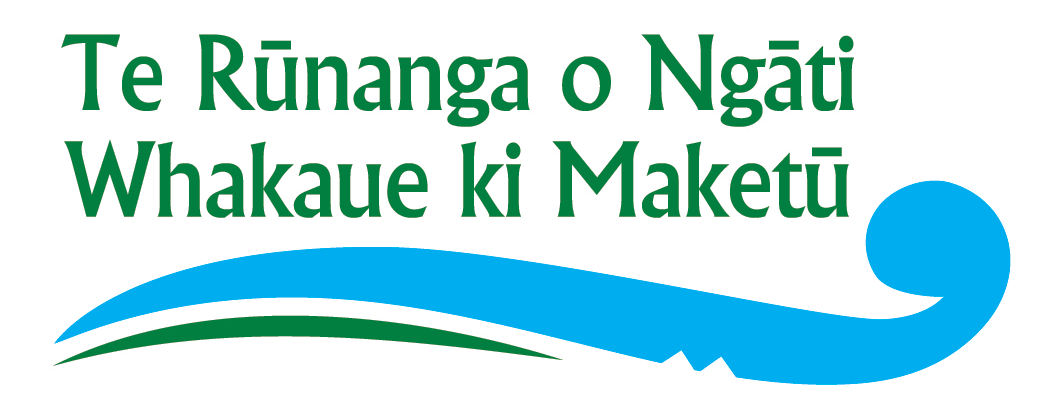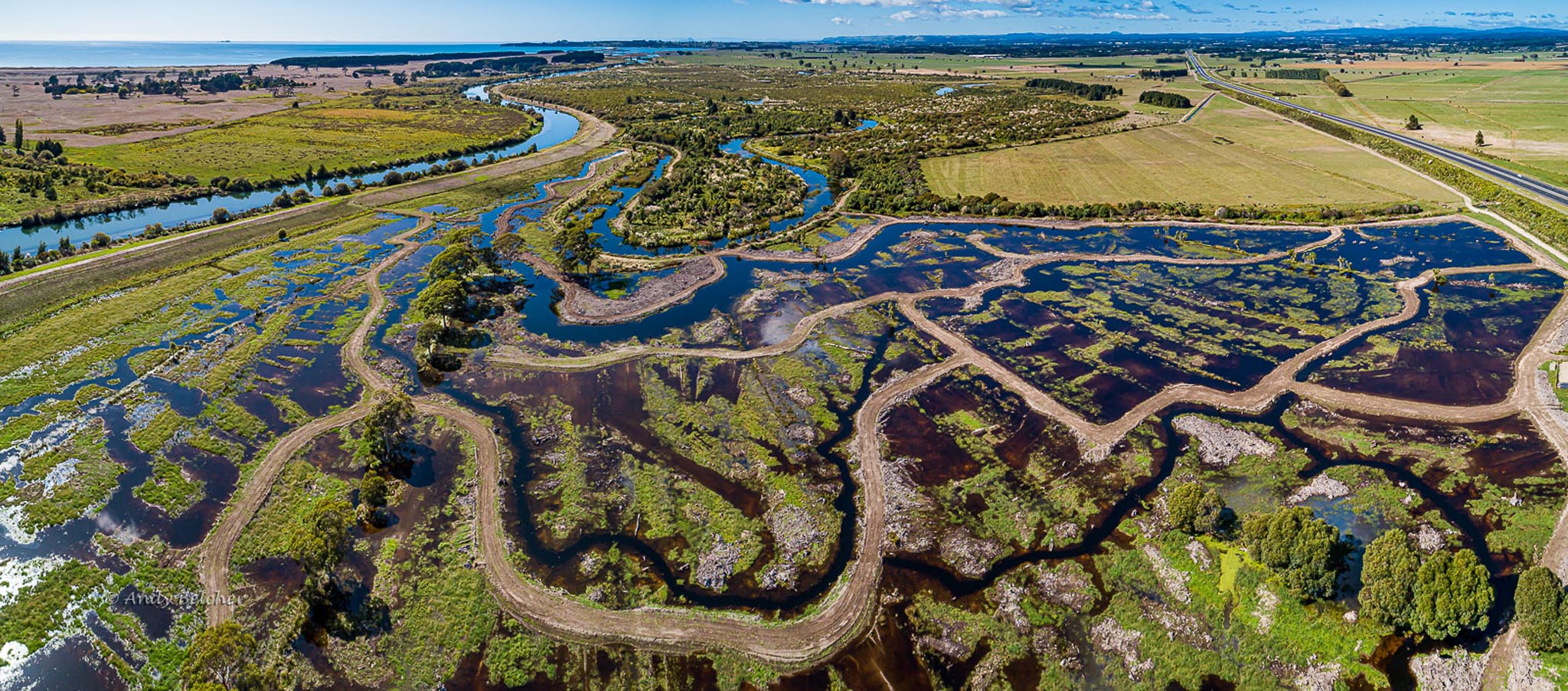The Rūnanga is a claimant on behalf of Ngāti Whakaue ki Maketu. The Rūnanga claim with the Waitangi Tribunal is Wai 2147, a comprehensive claim for Maketu. We also umbrella the Wai 1475 and Wai 325 claims on behalf of the whanau connected to those claims. You can read the statements of claims here. We have also lodged a claim with the High Court under the Marine and Coastal Area Act (MACA). The Rūnanga is also a partner in a tripartite grouping with the Whakaue Marae Trustees and other Maketu Claimants who, collectively, are progressing claims on behalf of Ngāti Whakaue ki Tai.
In addition to historic claims, the Rūnanga is involved in the following Kaupapa Inquiry Claims:
The Marine and Coastal Area Act
The Marine and Coastal Area (Takutai Moana) Act (“the MACA Act”) Inquiry (Wai 2660) inquired into the MACA Act, the legislation under which contemporary claims by Māori to the foreshore and seabed are made. The MACA Act was enacted in 2011, to replace the highly controversial and widely protested Foreshore and Seabed Act 2004. The MACA Act itself faced significant criticism, and the Tribunal undertook an assessment of its Tiriti compliance. Māori can apply under the MACA Act for “Customary Marine Title” or “Protected Customary Rights” either through the Courts or by direct engagement with the Crown. During the Wai 2660 Inquiry, the Tribunal heard from many Claimants that the rights under the MACA Act were not equivalent to their actual right to native title, and hence the MACA Act was inconsistent with te Tiriti. The Tribunal released its first report in the Wai 2660 Inquiry in 2020, finding significant issues with the Tiriti consistency of many of the processes and funding arrangements under the MACA Act. We are now awaiting the Tribunal’s second, and final, report in the Wai 2660 Inquiry into the substantive consistency of the rights provided under the MACA Act with the rights guaranteed to Māori under te Tiriti.
The Mana Wāhine Kaupapa Inquiry
The Mana Wāhine Kaupapa Inquiry (Wai 2700) was initiated to hear claims which related to prejudice suffered by wāhine Māori as a result of Treaty breaches by the Crown. This Inquiry is broad in scope, covering both historical and contemporary Crown policies, practices, acts and omissions towards wāhine Māori. The central question of the inquiry is the alleged denial of the inherent mana and iho of wāhine Māori and the systemic discrimination, deprivation, and inequities experienced as a result. Four pou frame the inquiry: rangatiratanga, whenua, whakapapa/whānau, and whai rawa. Currently, the Wai 2700 Inquiry is still in relatively early stages, having held tūāpapa hearings across 2021 and 2022 throughout Aotearoa to establish, as a foundation, the role and treatment of wāhine Māori in Māori society, prior to the signing of te Tiriti. The Wai 2700 Inquiry will next move on to consider what prejudice the Crown’s policies and practices have caused wāhine Māori, and in what manner these policies and practices have breached te Tiriti.
The Housing Policy and Services Inquiry
The Housing Policy and Services Inquiry (Wai 2750) concerns claims with grievances relating to housing policy and grievances, in particular the Crown’s failure to ensure an adequate standard of housing for Māori, both rural and urban, or to deliver state services, programmes and support enabling Māori access to adequate housing. An urgent stage one was heard into the issue of Māori homelessness. That stage has now concluded, and we are awaiting the Tribunal’s report into Māori homelessness. The presiding Judge has determined that it is appropriate for the remainder of the Wai 2750 Inquiry to proceed in a single comprehensive stage, and four Pakitara have been identified to constitute the scope for the Inquiry. The first is Whenua Māori, the use and development of Māori land for housing. The second is Te Ao Kāinga, the Crown’s housing policy, practice and regulation of the housing market. The third is Whānau Kāinga, focusing on social housing and the provision of ‘public housing’ by central and/or local government. The fourth Pakitara is Hauora, the relationship between poor physical and mental health (and other socio-economic factors) and housing. The second stage of the Inquiry will commence next, focusing on whenua Māori issues, with the Tribunal hoping that this will provide a historical foundation and basis upon which to look at the other Pakitara.
The Justice System Kaupapa Inquiry
The Justice System Kaupapa Inquiry (Wai 3060) was initiated to inquire into a wide range of kaupapa, including the criminal justice system, the Department of Corrections, Legal aid, barriers to accessing Courts, the colonial justice system, the Supreme Court and Privy Council, Māori land law, succession, court procedure and costs. The Tribunal first held an urgent stage one, titled Whakatika ki Runga. This dealt with the funding for Māori to appear before the Tribunal. The Tribunal released its report on these issues in February 2023, and there has already been some shift by the Crown towards providing additional funding for Claimants and support people to attend Tribunal hearings and give evidence. Over 2023, the Tribunal held four hui as part of an interim stage titled Te Tūāpapa o te Tika, which sought to establish the foundational principles of justice in tikanga Māori, and how the Tribunal could better incorporate tikanga Māori in how it runs the remainder of the Wai 3060 Inquiry. The Tribunal will next move on to te Tāhu o te Tika, the substantive phase of the Inquiry, which will deal with the broad issues faced by Māori in the Aotearoa New Zealand Justice System.

